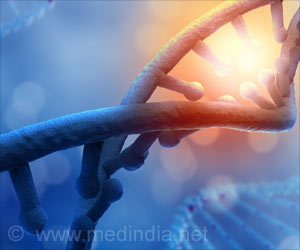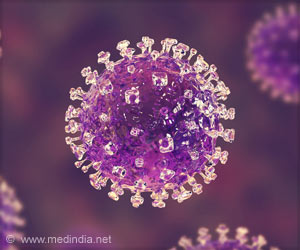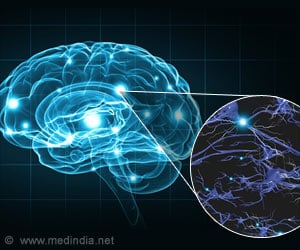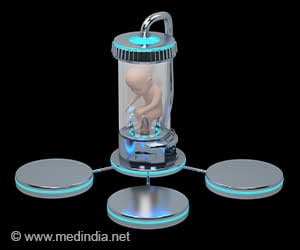
‘MyD88 protein controls fusion of myoblasts during muscle formation, may enhance therapies for cancer, muscular dystrophy’
Tweet it Now
UofL post-doctoral fellows Sajedah M. Hindi, Ph.D., and Yann S. Gallot, Ph.D., along with Jonghyun Shin, Ph.D., formerly of UofL and now with Yonsei University in South Korea, conducted the research in Kumar's lab. It is published today in Nature Communications.In the formation of muscle, specialized progenitor or stem cells multiply. They then differentiate into preliminary muscle cells called myoblasts. The myoblasts fuse together and subsequently form muscle fiber.
Using animal models, the UofL researchers worked with both neonatal cells and adult cells to determine that MyD88, a key signaling protein in the human body, is required in sufficient quantity for myoblasts to fuse.
Hindi believes that MyD88 eventually may be used to improve the effectiveness of therapies using donor cells for the treatment of degenerative muscle disorders such as muscular dystrophies.
"Since MyD88 promotes only the fusion of myoblasts without affecting their proliferation or differentiation, enhancing the levels of MyD88 levels could be a means to enhance engraftment of exogenous myoblasts in cellular therapies," Hindi said.
Advertisement
"We are investigating whether augmenting the levels of MyD88 inhibits growth of rhabdomyosarcoma in animal models," Kumar said. "Finally, we are investigating whether the loss of MyD88 is responsible for the diminished muscle regeneration capacity in the elderly."
Advertisement
In 2015, research from Kumar and Hindi published in the Journal of Clinical Investigation described the role of TNF receptor-associated factor 6 (TRAF6) in maintaining satellite cells and their ability to regenerate injured muscles. Just ten days later, research from the lab published in Nature Communications revealed how the protein transforming growth factor-ß-activated kinase 1 (TAK1) is vital in the self-renewal of satellite stem cells.
Source-Eurekalert












